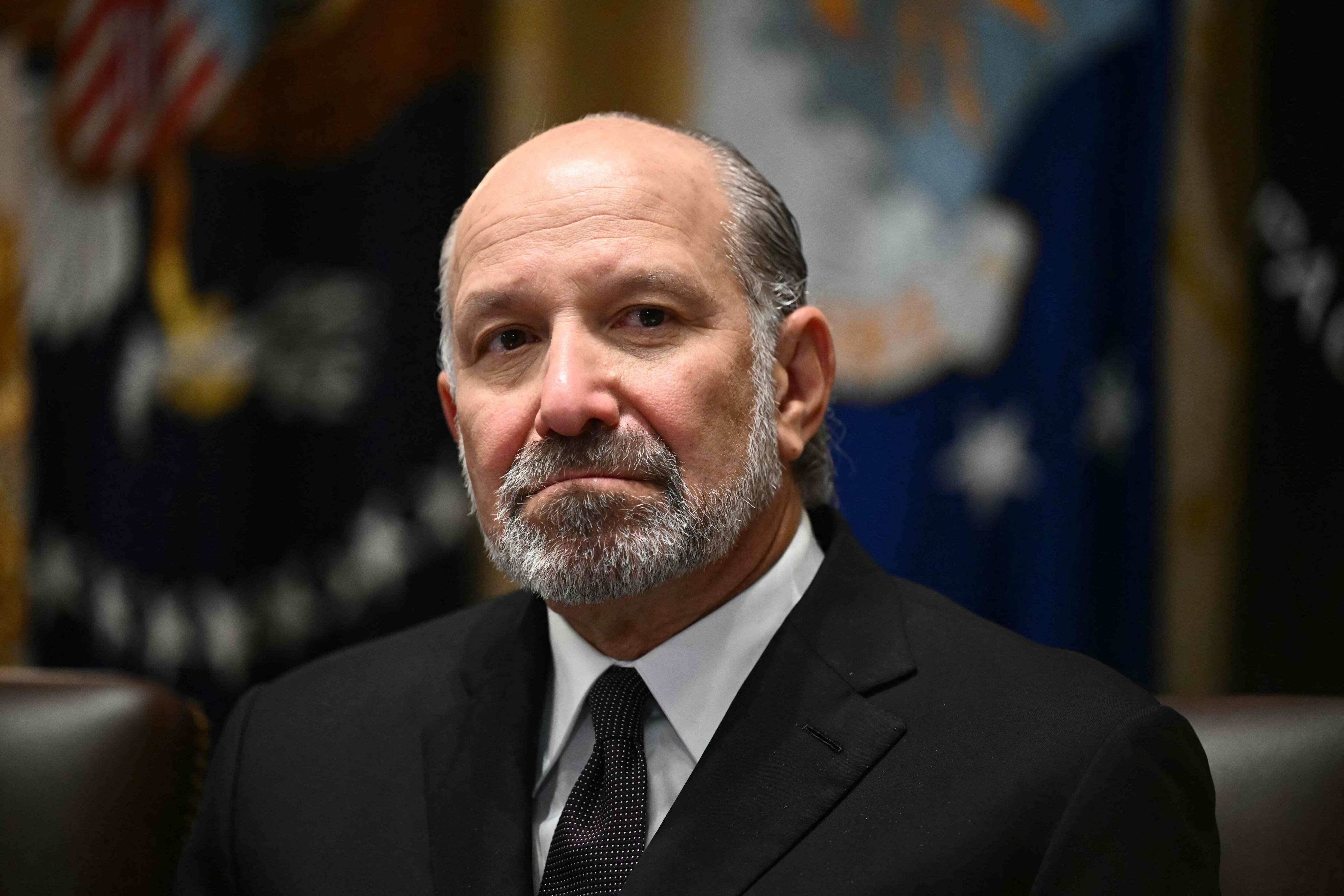
The recent detention of over 300 Korean workers at Hyundai Motor and LG Energy Solution factories in Georgia by U.S. immigration authorities has sparked considerable controversy and raised concerns about the ease of doing business in the United States for foreign companies. The incident, which saw the workers detained for a week before their release, has prompted responses from both government officials and corporate leaders, highlighting the complexities of U.S. immigration law and its potential impact on foreign investment.
The Official Stance: Compliance and Responsibility
U.S. Secretary of Commerce Howard Lutnick addressed the situation, asserting that the detained Hyundai Motor workers were holding improper visas. He placed the onus on Hyundai Motor, stating the company should have sought assistance in obtaining the correct documentation. Lutnick claimed that Hyundai Motor was "fully responsible" for the raid, alleging the company brought in workers using tourist visas. He emphasized the importance of adhering to legal procedures, stating that the "era of circumventing regulations is over."
Lutnick also indicated a willingness to assist companies in navigating the visa process, stating he had contacted Korean counterparts offering assistance in securing legal visas. He mentioned offering to contact the Homeland Security Secretary to expedite the process, provided companies followed proper channels.
Contradictions and Complexities
However, Lutnick's claims have been met with skepticism and contradiction. Reports indicate that some of the detained Koreans possessed intracompany transfer visas (L-1), which legally permit them to work at U.S. factories or subsidiaries. Furthermore, even short-term business visas (B-1) or the Electronic System for Travel Authorization (ESTA), which allows visa-free travel for up to 90 days, are permissible for managing, supervising, or installing equipment within the U.S., provided the contracts specify such activities.
The reality of obtaining legal visas is far more complex than Lutnick suggests. The demand for H-1B visas, intended for foreign professionals, significantly exceeds the available supply, leaving many companies struggling to secure the necessary permits. The practicality of relying on the Commerce Secretary to obtain sufficient visas has also been questioned.
Damage Control and Reassurance
Despite the controversy, Lutnick attempted to downplay the potential impact on foreign investment. He asserted that the incident would not deter other foreign companies from expanding their business in the U.S., stating that U.S. Immigration and Customs Enforcement (ICE) was simply fulfilling its duty to enforce immigration laws.
Hyundai Motor has announced an internal investigation to ensure that all vendors and subcontractors comply with immigration and state laws. Georgia Governor Brian Kemp expressed gratitude for Hyundai Motor's commitment to legal compliance and pledged to ensure that the incident does not undermine the long-standing partnership between the state and the company.
Hyundai's Perspective: Delays and Workforce Challenges
Hyundai Motor CEO Jose Munoz acknowledged the significant impact of the worker detentions on the company's operations. He stated that the incident would cause construction delays of at least 2-3 months, as it is difficult to continue construction with only local personnel. Munoz emphasized that the specialized personnel and technology required for battery plant construction are largely unavailable within the U.S., necessitating the hiring of workers from outside the country.
To mitigate the immediate impact, Hyundai Motor plans to temporarily source battery supplies from SK On's factory in Commerce, Georgia. However, the long-term implications of the worker detentions remain a concern, highlighting the challenges faced by foreign companies investing in the U.S. and the potential ripple effects across the industry.
The Broader Implications
This incident underscores the delicate balance between enforcing immigration laws and attracting foreign investment. While compliance with legal regulations is paramount, the complexities and limitations of the U.S. visa system can create significant obstacles for companies seeking to establish or expand their operations in the country. The incident serves as a reminder of the need for clear communication, proactive planning, and a collaborative approach between businesses and government agencies to ensure a smooth and efficient immigration process. The long-term consequences of this event could potentially influence future foreign investment decisions and impact the competitiveness of the U.S. as a global business destination.

No comments:
Post a Comment